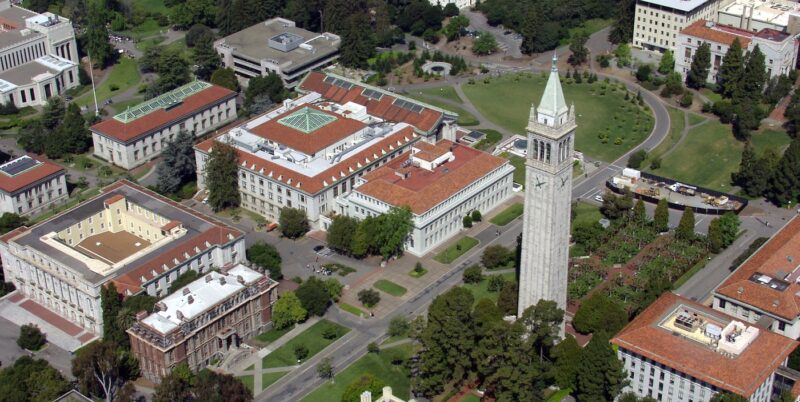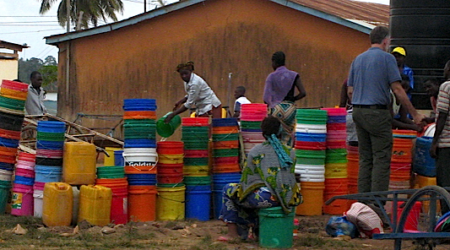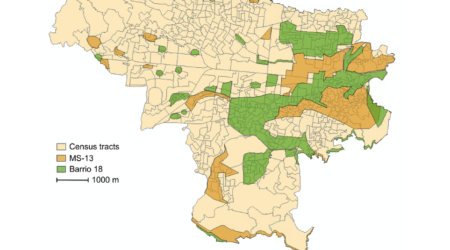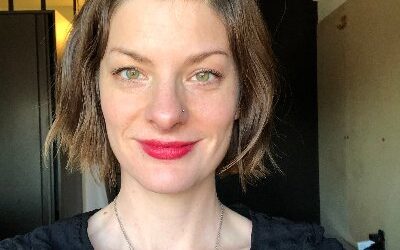COVID-19 has introduced radical uncertainty into Berkeley campus life, and higher education in general. How the pandemic will further impact our lives, when we can return to some degree of normality, and what the ‘new normal’ will look like, are all unclear. Events, models, and predictions change almost daily.
But some things are already clear. States and universities will face enormous revenue shortfalls; there will be hiring freezes, and very possibly layoffs and furloughs; job searches will be terminated; and hard decisions will have to be made about budget priorities.
One area that has been already impacted directly — and that will almost certainly deteriorate further — pertains to the professional trajectories of recent PhDs (who face uncertain job markets for the next year at least), and advanced doctoral students (many of whom have experienced interruptions in their field research or data collection). In the social sciences, funding agencies like Fulbright have evacuated doctoral students, and most student researchers conducting research around the world have, wherever possible, returned to the U.S. with no expectation that they can resume their research any time soon. Some funders have in fact requested the return of monies released for overseas research.
The immediate challenge is to ensure that doctoral students at this point in their formation and professional development are not derailed. Many students who live in New York, Los Angeles, or the San Francisco Bay Area struggle to get by at the best of times, and doubtless (we do not have the data) there has been considerable attrition from doctoral programs. But COVID-19 has vastly amplified the centrifugal processes by which students and recent graduates will be propelled from the academy — at arguably one of the most crucial periods in their development, when they have already invested enormous time, effort, and money. The danger is obvious: that there will be a large-scale exit, a hemorrhaging of cohorts of students who have no immediate prospects of continuing their research careers.
Support will have to be offered to the greatest degree possible from the campuses themselves. But with unpredictable revenue shortfalls and the prospect that campuses may not be back to normal by the fall, there will need to be (ideally) some sort of external support. Historically, U.S.–based foundations and institutes — including those with a long track record of funding universities and basic research — have intervened in crisis situations: Rockefeller, Ford, Smith Richardson, and the Carnegie Foundation of New York have provided fellowship opportunities for scholars and researchers in the Global South, Africa in particular, at times when universities faced massive financial hardships or confronted political threats; the Institute of International Education has protected scholars at risk, and other foundations provided critical support to journalists facing political intimidation. This is a moment — early on in the economic and political lifecycle of COVID-19 — when foundations should think about a collective intervention that includes the establishment of a relief fund to ensure that “all but dissertation” students (ABDs) and recent PhDs do not fall out of the system.
Foundations should think about a collective intervention that includes the establishment of a relief fund to ensure that “all but dissertation” students (ABDs) and recent PhDs do not fall out of the system.
Morale is already at an all-time low. It is not clear how such a relief program should best be pursued or instituted. Foundations like Ford, Mellon, Carnegie, and MacArthur will face immense pressure to commit to aspects of the pandemic and its consequences; their endowments and income streams will, of course, be negatively affected and they will be under pressure to intervene in other sectors. But perhaps this is an area where UC Berkeley donors might be encouraged to provide additional support. It is also worth exploring sources of philanthropy from Bay Area foundations and/or companies who have benefitted from the research and scientific talent produced by the Berkeley campus.
The UC System might press for support from state coffers, too, but once again, the enormous reductions in revenues and the multiple and competing demands upon limited state budgets may make this a hard sell. In any event, a coordinated appeal by university chancellors and other collective voices from academic institutions may well be able to shake loose resources. The New York-based Social Science Research Council (SSRC), with its long history of funding the social sciences, might provide a model organizational structure, as might the National Endowment for the Humanities and the National Science Foundation.
I have written about this matter to the President of the SSRC (I chaired their Board of Trustees for a decade), and they have since given the matter some consideration. In any event, putting pressure on foundations might be better now than later, when economic and financial conditions may be worse still, and when it could be difficult to scramble for support amidst many competing (and compelling) interests.
At the undergraduate level, there is another challenge worthy of both reflection and some innovative thinking. Consider this: there are 4000 colleges and 20 million students in the United States. For all manner of reasons, having thousands of students return to public and private university and college campuses in the fall will likely be deemed unsafe, and online learning may become the new norm. Without selling short the pedagogic value of Zoom and online instruction, it is widely understood that for some purposes and fields, such as the laboratory sciences, online learning technologies are of limited value, and many students find the learning process unsatisfactory.
Meanwhile, financially strapped parents sending their sons and daughters to expensive private colleges — or as out-of-state students to public institutions — may be reluctant to pay expensive tuition and fees for online instruction, particularly as many families select smaller (and expensive) colleges largely for their smaller classes and face-to-face interactions with faculty and peers. Some colleges are already discussing the prospect of canceling fall instruction and resuming instruction on campus only in 2021. As a result, many students may choose not to enroll in the fall, choosing instead to withdraw for a year. All of this will have massive (and massively deleterious) implications for revenue flows to universities. Whether students decide to show up online for fall classes will be a decision facing many families, not only as a consequence of massive unemployment — almost certain to be in excess of 20 million by late summer. Certainly working class and low-income families and families may not be able to cover tuition even with financial support from colleges. But online classes might not meet the expectations of well-to-do families. Such choices are difficult to predict in the run up to fall classes, but it seems probable that the enrollment numbers could fall, and perhaps drastically.
In short, it is entirely possible that there could be millions of students — drawn from a variety of class positions — who are not enrolled this fall. Then what? They could work, depending upon the strength and character of the economic recovery. But getting scarce jobs will also be a priority for the (currently) 20 million unemployed who have lost jobs. So might there be creative ways of supporting out-of-college students to do volunteer work, public service, or internships for non-profits and civil organizations?
The challenge is to turn what may become a large cohort of non-enrolled college students into a powerful social force for good
With limited financial support from federal and state governments, one might imagine a raft of expanded Americorps programs, city-level systems to support online school instruction. What sorts of activities are possible will naturally be shaped by social distancing and other public health considerations. But many organizations will likely have various needs and tasks that could be contracted out to young, smart, tech-savvy students. I myself have connections with advocacy organizations that do not currently have the in-house capacity to analyze the monitoring and oversight of the data they collect. This might apply to organizations in the public sector, too.
The challenge is to turn what may become a large cohort of non-enrolled college students into a powerful social force for good, and for personal betterment, growth, and, yes, education. It might be an opportunity to road-test what some have suggested is the future of higher education: spending time on and off campus, in and outside of “the workforce.” There are no easy answers to these questions — and the radical uncertainty of COVID-19 dynamics makes planning hazardous — but there is a conversation to be had in and outside of the academy — and urgently.
 Michael Watts is the Class of 1963 Professor of Geography and Co-Chair of Development Studies, at the University of California, Berkeley where he has taught for over twenty-five years. He served as the Director of the Institute of International Studies from 1994-2004. His research has addressed a number of development issues especially food security, rural development, and land reform in Africa, South Asia, and Vietnam. He is currently serving as acting director of Social Science Matrix.
Michael Watts is the Class of 1963 Professor of Geography and Co-Chair of Development Studies, at the University of California, Berkeley where he has taught for over twenty-five years. He served as the Director of the Institute of International Studies from 1994-2004. His research has addressed a number of development issues especially food security, rural development, and land reform in Africa, South Asia, and Vietnam. He is currently serving as acting director of Social Science Matrix.



